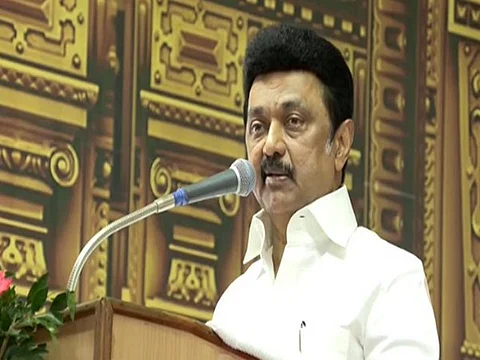

Tamil Nadu Chief Minister MK Stalin rolled out the State Education Policy (SEP) today, August 8. Drafted as an alternative to the National Education Policy (NEP), the policy is being introduced at a time when the state, run by the Dravida Munnetra Kazhagam (DMK)-Congress, and the centre, led by Narendra Modi, are engaged in a fierce battle over the education sector.
The NEP has drawn harsh criticism and opposition from the Stalin-led Tamil Nadu government, particularly for its three-language formula and centralised entrance tests. The NEP is "regressive," "anti-social justice," and an attempt at "Hindi imposition," according to the DMK.
What is SEP about?
Last year, the government received the SEP draft, which was prepared by a committee led by Justice D Murugesan, a retired High Court judge. According to an NDTV report, the policy is expected to prioritise science education, artificial intelligence (AI), and English language proficiency, with a focus on ensuring that all people have access to high-quality education.
In contrast to NEP's advocacy for a standardised admission process, the policy advises admission based on aggregated marks from Classes 9 and 10 and scraps the idea of entrance examinations for arts and science colleges.
Tamil Nadu vs NEP
Citing Tamil Nadu's failure to embrace the NEP, the Centre withheld Rs 2,152 crore under the Samagra Shiksha Abhiyan, coinciding with the commencement of the SEP. Since education is a concurrent subject, the state has criticised the Centre’s move as coercive, warning that withholding funds penalises states for exercising their constitutional rights.
According to the Union government, the NEP is intended to improve educational quality, increase Indian students' global competitiveness, provide flexibility in language learning, and reduce an excessive dependence on English.
